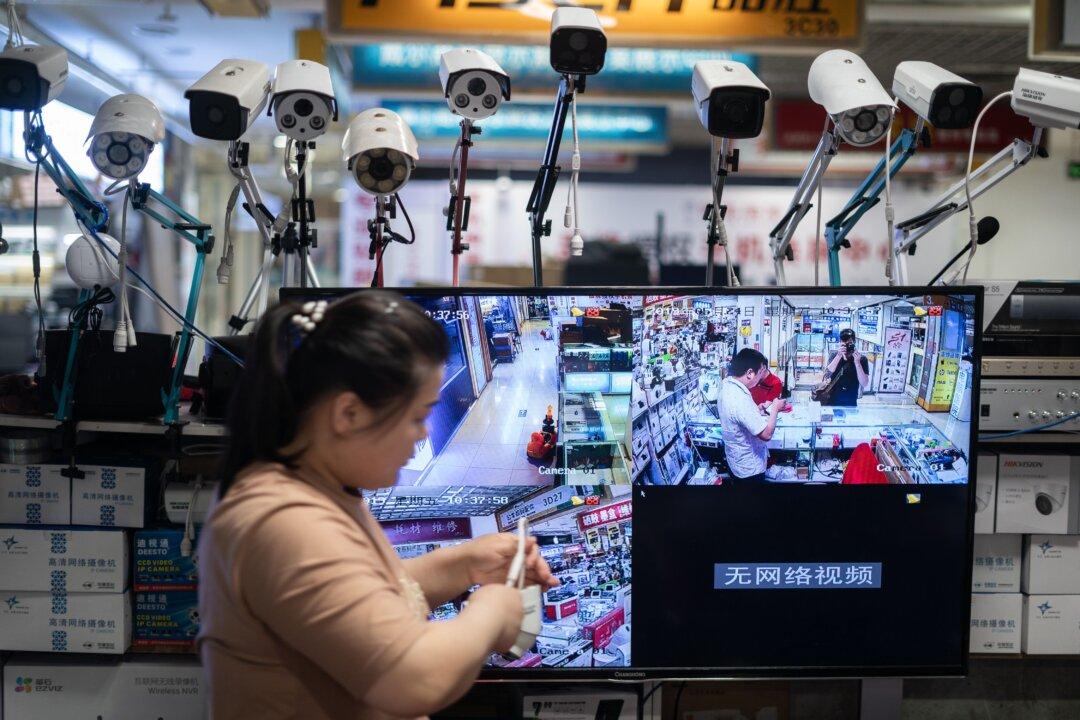Impacted by the U.S. sanctions, Chinese surveillance tech giant Hikvision recently reported the worst performance in its 20-year history, with revenue and net profits dwindling.
Hikvision admitted in its 2022 annual report (pdf) released on April 15 that the company had experienced negative profit growth, something it had never seen in the 21 years since its inception. Net profit fell for four consecutive quarters since the second quarter of 2022 when it was already down by 19.40 percent. That year, net profit plummeted 23.59 percent, while revenue was 83.166 billion yuan (about $12.5 billion), a slight increase of 2.14 percent.




